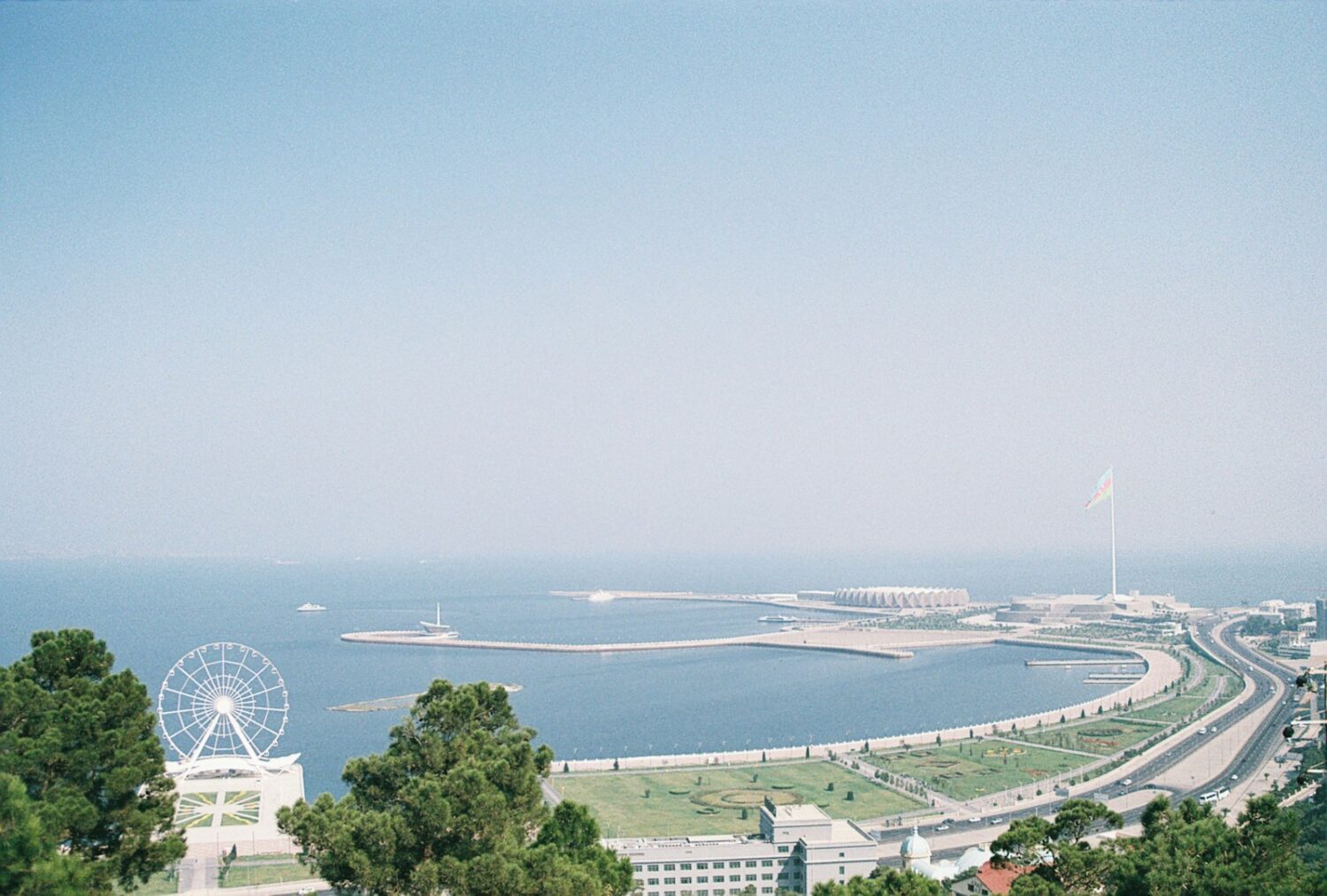EU set to Lead Climate Efforts at COP29 in Azerbaijan
At the upcoming COP29 UN Climate Change Conference, scheduled for 11-22 November in Azerbaijan, the European Union will join forces with international partners to push forward the objectives of the Paris Agreement, aiming to limit the global temperature rise as close as possible to 1.5°C. Climate change remains a pressing global challenge, affecting lives and livelihoods across Europe and the world. At COP29, a key focus will be on ensuring global financial flows are aligned with the Paris Agreement, facilitating investments through the adoption of a New Collective Quantified Goal (NCQG) on Climate Finance, which is set to be the central priority of this year’s conference.
EU's Leadership in Climate Finance
As the largest provider of international climate finance, the EU contributed €28.6 billion in public climate finance in 2023 and mobilized an additional €7.2 billion in private finance for developing countries, aimed at helping them reduce greenhouse gas emissions and adapt to climate impacts. While developed countries remain responsible for leading the funding efforts, the EU emphasizes the need for a broader base of contributors, including private sector investments, new and innovative finance sources, and supportive conditions at both global and domestic scales.
The NCQG is expected to reshape the current discourse on climate finance. It aims to ensure financial flows are consistent with Paris Agreement goals and recognizes the necessity of mobilizing resources at scale—drawing from diverse public, private, domestic, and international sources.
Transitioning Away from Fossil Fuels
A key component of this year’s discussions will be reaffirming the global energy goals established in Dubai, aimed at transitioning away from fossil fuels. These goals include tripling investments in renewable energy and doubling energy efficiency measures by 2030. EU negotiators will push for ambitious Nationally Determined Contributions (NDCs) to be submitted by all nations next year. In preparation, the EU has already released its PLACEHOLDERea805a89c3ba35b6 earlier this year, proposing a legislative framework aimed at enshrining a 90% emission reduction target by 2040 as part of the PLACEHOLDERd0f0ef63a1aaa5ed. This 2040 target will also guide the submission of the EU’s revised NDC.
Finalizing the Carbon Markets
The EU is also prioritizing the conclusion of negotiations on international carbon markets under Article 6 of the Paris Agreement. With increasing global interest in carbon offsets and funding for climate mitigation and adaptation projects, the EU will push for standardized regulations that emphasize high integrity, additionality, durability, and accountability.
Key EU Delegates at COP29
Wopke Hoekstra, Commissioner for Climate Action, will once again lead the EU delegation at COP29, working closely with the Council Presidency and Member States to follow the negotiation mandate adopted last month. Kadri Simson, Commissioner for Energy, will attend the conference on 14-15 November to focus on phasing out fossil fuels, reducing methane emissions, and promoting clean technologies. Iliana Ivanova, Commissioner for Innovation, Research, Culture, Education, and Youth, will also join on 12 November to attend a high-level event on “The Future of Net Zero Competitiveness.”
Background on the Paris Agreement and EU Climate Action
In 2015, the Paris Agreement saw 194 countries pledge to limit global temperature rise to below 2°C, ideally close to 1.5°C by the end of this century. Countries committed to submitting Nationally Determined Contributions (NDCs) outlining their specific emission reduction targets. The European Union has been a staunch supporter of the agreement, having already reduced its greenhouse gas emissions by 37% since 1990 while growing its economy by almost 70%.
The European Green Deal, launched in December 2019, cemented the EU’s commitment to climate neutrality by 2050, a legally binding goal following the adoption of the *European














Leave a Reply